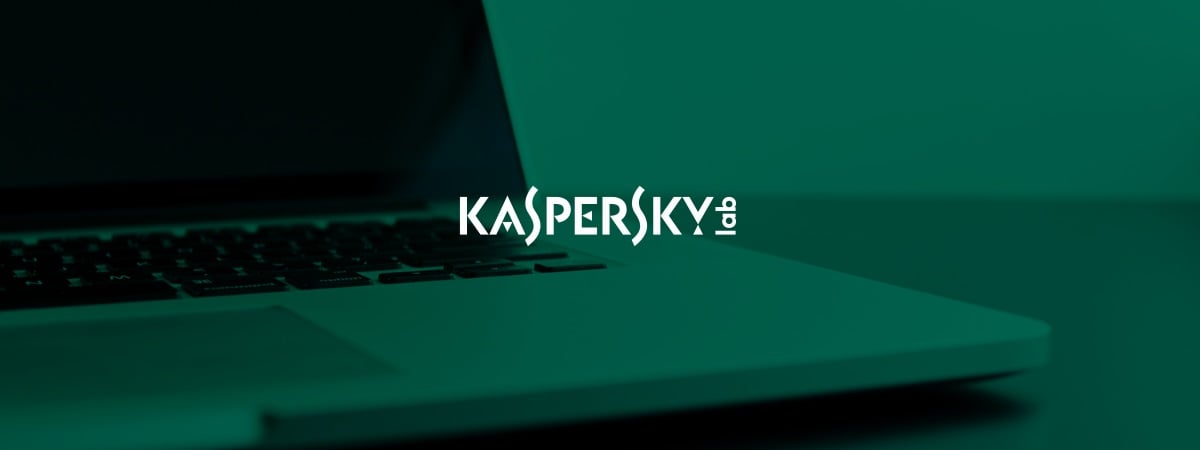
Russian antivirus maker Kaspersky Lab has filed official complaints at regulatory bodies in various countries across the EU and in Russia, asking authorities to force Microsoft to cease its efforts to sabotage third-party antivirus products in the detriment of its own security solution, Windows Defender.
Kaspersky Lab CEO, Eugene Kaspersky, says that Microsoft has been trying to put out a valuable security product for years, but has failed miserably every time, with products such as MSAV, OneCare, Security Essentials, and ForeFront.
Seeing that it can come up with a product that users would consider valuable, Kaspersky says that Microsoft has been using shady tactics to push users towards Windows Defender, its latest endeavor, with the migration to Windows 10.
Kaspersky details a long list of shady Microsoft tactics
Kaspersky details some of Microsoft's tactics on his blog. He gripes about Microsoft introducing a limit on the maximum number of security products installed on Windows 10. The limit is two, but one slot is always allocated to Windows Defender.
Another problem is when users activate Windows Defender, Microsoft quietly kills the third-party AV, with almost no visible warning.
Microsoft also buries information about third-party AV license expiration warnings inside the Windows Security Center, instead of allowing AV vendors to show a popup or notification area alert.
When the third-party AV license expires, Microsoft moves to deactivate the third-party antivirus, and quietly turns on Windows Defender instead.
Furthermore, when users upgrade from an older Windows versions to Windows 10, Microsoft deactivates all incompatible antivirus products and activates Defender instead.
"Even if software did manage to be compatible according to the initial check before the upgrade, weird things tended to happen and Defender would still take over," Kaspersky writes.
AV vendors had only one week to make products compatible with Windows 10
Kaspersky also chides Microsoft for giving security software vendors only a week to make their products compatible with Windows 10, a move that has led to many companies losing market share for Windows Defender.
There is also a case that this move has also incurred damage to the reputation of some AV vendors, which probably lost some of their clientele for good due to their inability to provide a compatible AV version at Windows 10's launch.
"Microsoft elegantly seizes niche markets by squeezing out independent developers and offering users its own products, which are in no way better," Kaspersky says, also pointing out to several independent security software reviews that have ranked Windows Defender well below the market average.
The Kaspersky Lab CEO argues that by allowing Microsoft to dominate and monopolize the Windows security software market through a below-average product, the company is doing cybercriminals a favor, who'd have a much easier time bypassing one AV instead of putting together multi-AV bypass techniques.
Below is part of the complaint Kaspersky filed with Russia's Antimonopoly Service (FAS) and several EU authorities.
We think that Microsoft has been using its dominating position in the market of operating systems to create competitive advantages for its own product. The company is foisting its Defender on the user, which isn’t beneficial from the point of view of protection of a computer against cyberattacks. The company is also creating obstacles for companies to access the market, and infringes upon the interests of independent developers of security products.
We’ve taken the decision to address official bodies in various countries (including the EU and Russia) with a request to oblige Microsoft to cease its violation of anti-competition legislation and to remove the consequences of that violation.
Specifically:
To oblige Microsoft (i) to provide new versions and updates of Windows to independent developers in good time so they can maintain compatibility of their software to Windows; (ii) explicitly inform the user of the presence of incompatible software before upgrading Windows and recommend the user to install a compatible version of the software after the upgrade; (iii) always explicitly ask the user for his/her approval to enable Windows Defender.
UPDATE [June 6, 2017]: Initially, Kaspersky announced he filed charges in both Russia and the EU. In reality, the company only filed charges in Russia, but in June 2017, the company filed charges in Germany, for the EU space, keeping its initial promise.



Post a Comment Community Rules
You need to login in order to post a comment
Not a member yet? Register Now